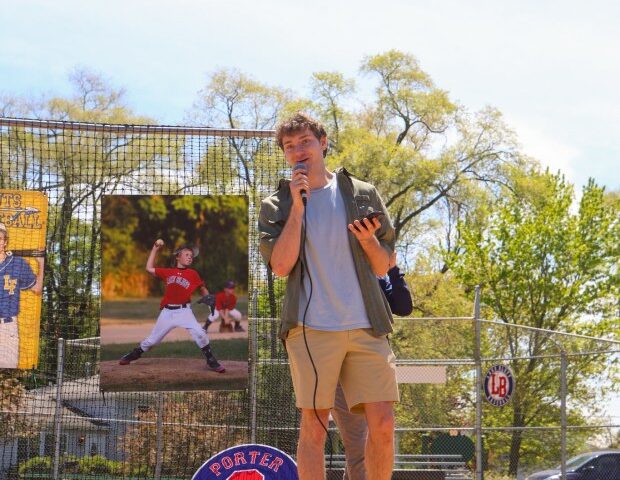The Indiana House of Representatives Ways and Means Committee has postponed the vote on a bill that would require Gary to pay approximately $12.3 million to East Chicago and Michigan City.
Indiana House Bill 1448, authored by Rep. Hal Slager, R-Schererville, addresses issues with supplemental payments that were added into state law during the 2019 session.
The bill would require the funds to be paid back within three years. Rep. Earl Harris, D-East Chicago, proposed an amendment to give Gary 10 years to pay the funds.
“While I appreciate the plan that Rep. Slager has put together, it puts Gary in a position of now finding out those funds are owed to other cities when they’ve already planned out multiple years of their finances,” Harris said during the committee’s meeting Wednesday.
Slager said he’s “sympathetic to the situation” but doesn’t know how extending the time would be beneficial. He repeatedly told Harris that he thinks a 10-year time period is too long.
A mistake by the Indiana State Comptroller sent funds to Gary that should’ve been distributed to East Chicago and Michigan City to ease the financial burden following the move of the Majestic Star casinos to Hard Rock Casino Northern Indiana, located along Interstate 80/94, according to Post-Tribune archives.
Harris said he proposed the amendment in case Hammond is affected once 2025 numbers are released. Jennifer Thuma, general counsel for the comptroller’s office, previously said Hammond was part of the original 2019 bill but wasn’t included on House Bill 1448 because the city didn’t see a wager tax revenue.
Thuma also said Gary won’t receive additional distributions in 2025, according to Post-Tribune archives.
As of Wednesday afternoon, House Bill 1448 would require Gary to pay the two cities over the course of three years.
Starting in fiscal year 2026, approximately $2.9 million should be paid to East Chicago and approximately $2.2 million should be paid to Michigan City for funds not paid in fiscal year 2022, according to the bill.
For fiscal year 2027, approximately $3.6 million should be paid to East Chicago and approximately $2.2 million to Michigan City for funds not paid in fiscal year 2023, according to the bill.
“We’re coming up with a solution that works for everyone in repayment and payment to the cities that are owed without causing Gary deep financial harm,” Harris said. “(Gary) will make adjustments over 10 years, which are smaller adjustments in terms of paying the loan off, versus over a small number of years having to pay off large chunks of money.”
Rep. Gregory Porter, D-Indianapolis, said on Wednesday that he agrees with the amendment because the comptroller is at fault, not the city of Gary. Porter believes it’s important to give the city some leeway.
The state representative also said it’s not an issue of the city not wanting to pay the money.
“It wasn’t their fault,” Porter said. “How do we do it in a palatable way that’s not distributive to the city of Gary and other surrounding areas?”
Rep. Ed DeLaney, D-Indianapolis, agreed that an extended time for the money to be repaid would be best for Gary.
“We’ve been working diligently here for the last few years to help Gary,” he said. “They’ve got a plan to move forward, and all of a sudden, we’re going to say, ‘Whoops, you got $12 million you’re not supposed to have.’ I think stretching it out over time makes sense.”
By the end of the discussion, Slager still said a 10-year repayment period is still too long, but he believes they could negotiate and compromise. The committee is expected to vote on the bill Thursday.
Gary Mayor Eddie Melton, City Controller Celita Green, and Common Council Vice President Lori Latham, D-1st, spoke at a Ways and Means Committee meeting on Jan. 22 about how the bill would impact Gary’s finances.
State Comptroller Elise Niseshalla called the issue a difficult situation.
Latham told committee members that House Bill 1448 will set Gary back and unravel the city’s success.
“It was never really about gaming,” she told committee members on Jan. 22. “Instead, it was an opportunity to optimize our casino license, one of the many economic development tools created by this body through legislation, and allowed us to use every asset at our disposal to catalyze our city’s economic development, progress and upward mobility.”
mwilkins@chicagotribune.com




